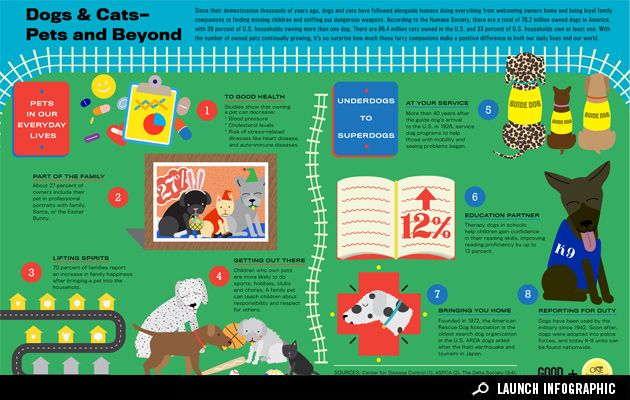What To Expect From A Dog Day Care
What To Expect From A Dog Day Care
Blog Article
Can Dog Daycare Cause Illness?
Pets in childcare get lots of exercise, socializing with various other canines and unique experiences. This can be specifically handy for young puppies and canines with behavior concerns.
There are numerous lawful considerations you require to consider when starting a dog day care organization. These include the structure of your company and compliance with government guidelines.
1. Pooch Distemper
Canine distemper is spread out through direct contact with the bodily fluids and waste of an infected canine, however it can likewise be sent using common water and food bowls or via airborne droplets. This highly contagious disease is most hazardous for young puppies, however it can influence pet dogs of any type of age and is deadly for a lot of if left unattended.
First signs and symptoms of canine distemper usually mimic a common cold, consisting of dripping eyes and nose with watery or pus-like discharge. As the disease progresses, a dog will develop high temperature, coughing, lowered cravings, throwing up and looseness of the bowels. The infection can additionally assault the nerve system, leading to seizures, jerking and partial or total paralysis.
Respectable day cares minimize direct exposure to infection by needing inoculations, routine health examinations and comply with strict hygiene protocols. If your pup appears extremely weary or hopping, a day off might assist him recuperate, however you should avoid taking him back to daycare till these signs and symptoms clear.
2. Kennel Coughing
Kennel coughing, likewise referred to as infectious canine tracheobronchitis or Bordetella, is a highly contagious viral or microbial condition that influences the breathing tract. It's typically transferred through the exchange of saliva or air beads that an unwell pet dog exhales. Social canines are at greater threat for infection because of their regular interaction with one another, such as when they play, share food or water, smell each other or just meet in a crowded setting like a pet dog park or day care.
The most usual signs and symptom of kennel coughing is a consistent and forceful coughing that seems like something stuck in the throat or retching. Often, pets will certainly spend frothy white phlegm. If left untreated, a pet can establish pneumonia and be at significant threat forever.
A trusted daycare center must have stringent cleaning and hygiene procedures, sanitize all playthings, food and water bowls on a regular basis, and be open about their inoculation policies. Maintaining your pet dog up to day on their vaccinations, especially for bordetella and canine flu, will significantly lower their possibilities of getting the disease.
3. Parvovirus
Canine parvovirus, or parvo, is a very contagious viral health problem that can be fatal for pups and young adult pet dogs with inadequate immune systems. It's most frequently spread by direct contact with infected canine feces-- which can take place when canines smell, lick, or preference infected feces-- and indirectly from polluted people, items, or environments (like kennels, brushing spaces and grass). Young puppies and dogs without full vaccination backgrounds are especially at risk to parvo.
The virus is exceptionally durable, surviving in the setting for up to 9 years, and can easily be moved between pet dogs by contact via feces or on shoes, clothing, and bed linens polluted with parvovirus. Otherwise treated quickly with IV fluids, electrolyte equilibrium, vomiting control drugs boarding dog boarding and prescription antibiotics to stop additional microbial infections, a canine will swiftly dehydrate and create serious looseness of the bowels, which results in shock and blood poisoning. Parvo is tough to cure when a dog has actually become ill, however with appropriate vet care, numerous pups do survive this ailment.
4. Canine Flu
Canine flu infection is extremely transmittable and spreads through straight contact, sharing food and water bowls, licking or nuzzling other pets, through airborne beads, and through polluted surface areas. Vaccination is effective in minimizing the risk of infection and break outs.
The majority of affected pet dogs create a mild breathing infection with a coughing that lasts 1-3 weeks. They may also have nasal and eye discharge, sneezing, and sleepiness. Some of the most severe instances result in pneumonia and a high fever.
If your canine shows any one of these symptoms, do not bring them back to day care till they are healthy. If your dog is revealing indicators of extreme tiredness or hopping, talk with your vet as soon as possible and make sure they are on health supplements to aid build their immunity. A vet will certainly review your dog for signs of the influenza by taking a sample from the nose or throat, and blood examinations can be done to validate.